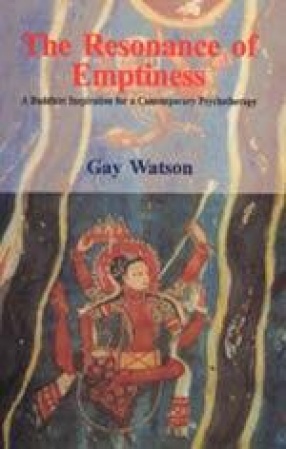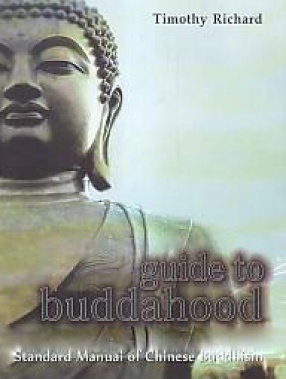This book presents an exploration of Buddhist philosophy and practice as a potential resource for an approach to psychotherapy. It is responsive to the needs of its time and context, and attempts to open up a three-way dialogue between Buddhism, psychotherapy and contemporary discourse to reveal a meaningful theory and practice for a contemporary psychotherapy. What is unique about this book is that it raises the question of what it is in Buddhism itself that provides such a rich resource for psychotherapy. Gay Watson firmly places her exploration of these themes within the context of contemporary life and thought, as a response to the pathologies, physical and intellectual, of our time. Organized according to the traditional Tibetan plan of Ground, Path and fruition, the book first presents a brief survey of Western psychotherapies followed by an introduction to Buddhist views, with particular reference to those most relevant to psychotherapy. Path considers the two major branches of the Buddhist way, ethics and meditation, in the context of contemporary life and psychotherapy. Fruition compares the foal of Buddhism and psychotherapy and subsequently explores the implications of adopting Buddhist influence in the light of contemporary discourse and of the experienced domains of body, speech and mind. Finally, the lineaments of a contemporary Buddhist-inspired psychotherapy are suggested.
The Paintings in the Buddhist Cave Temple of Ajanta (In 2 Volumes)
The art of Cave excavations ...
Out of stock





There are no reviews yet.